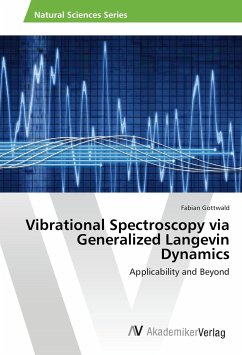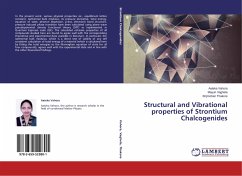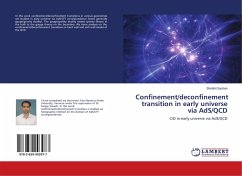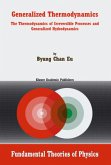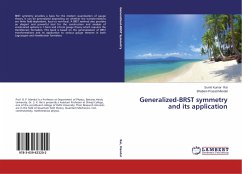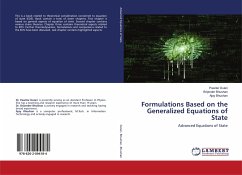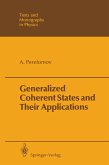In this work the ability of the Generalized Langevin Equation (GLE) to mimic the dynamics of solute modes in liquid solvents is investigated. The GLE formalism constitutes a reduced description of a system in a non-Markovian environment whose influence is reduced to dissipation and noise. The theoretical background is presented in detail shedding light onto the approximations and models involved as well as the numerical treatment. The dynamics is probed by means of linear absorption spectroscopy. The central question about the applicability of the formalism to dynamics of solute modes in liquid solvents is probed by the ability of the GLE to reproduce spectra obtained from explicit Molecular Dynamics simulations. The results show that only a linear form of the GLE yields correct spectra, although at a price of projecting any anharmonicity from the system to the environment. Conversely, any non-linear GLE preserving the system anharmonicity suffers from a fundamental mathematical problem and, hence, yields incorrect results. A possible solution of this problem is sketched giving an outlook on how to explicitly include anharmonicity of the system potential into the formalism.

